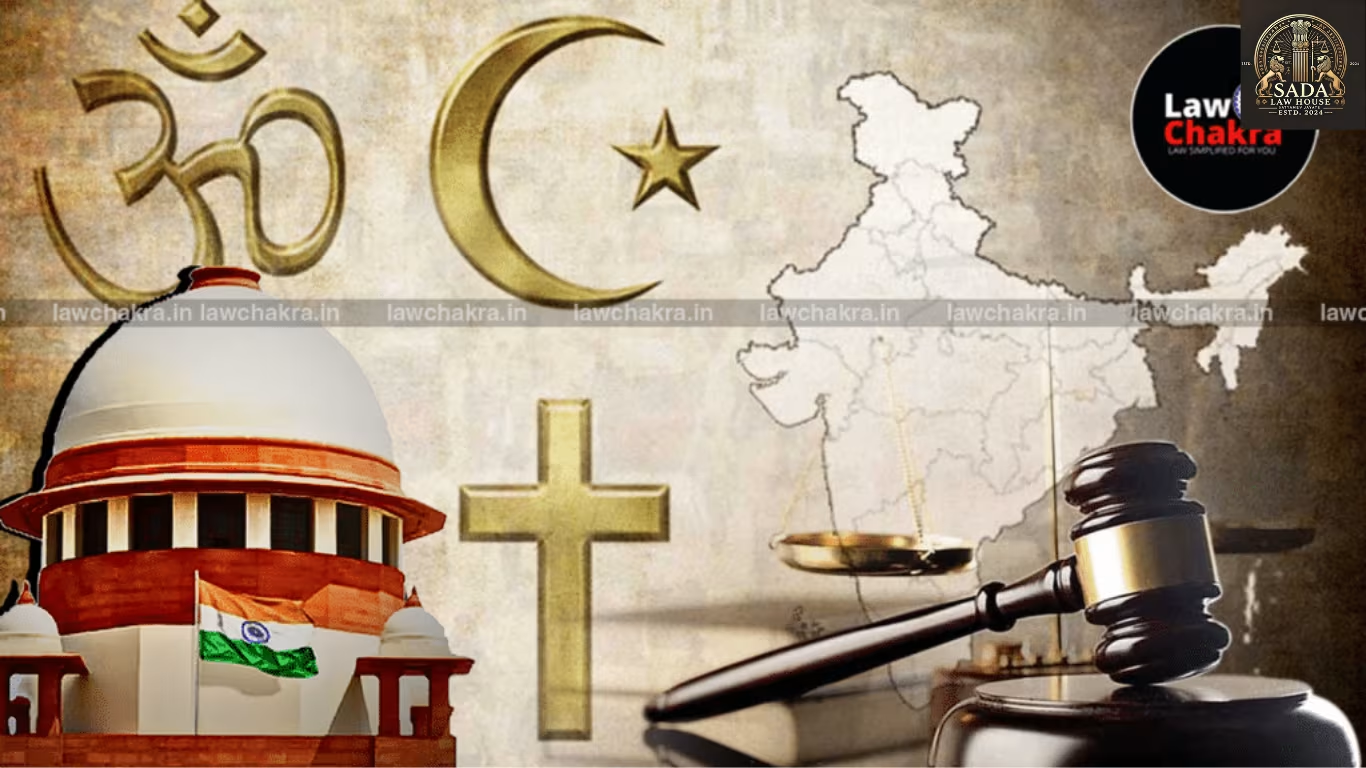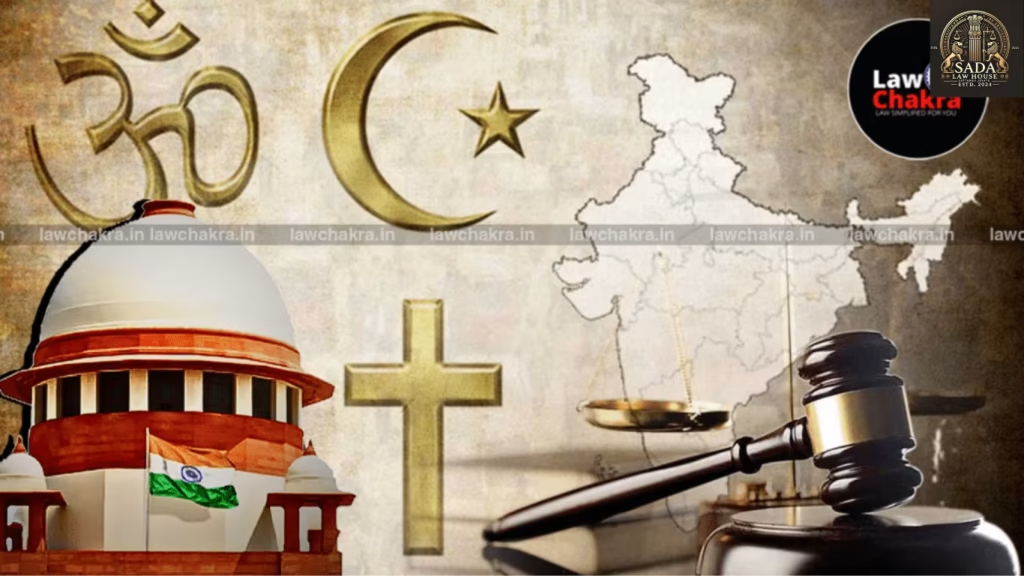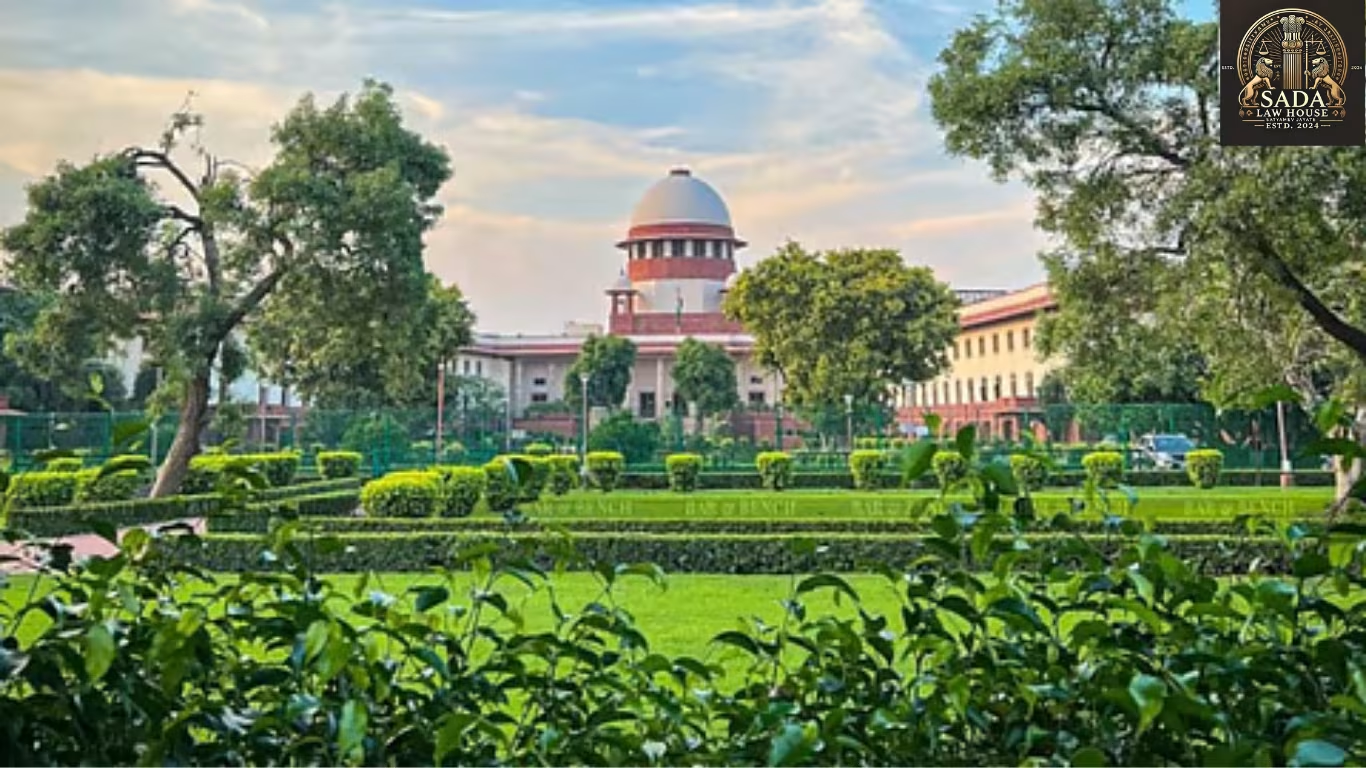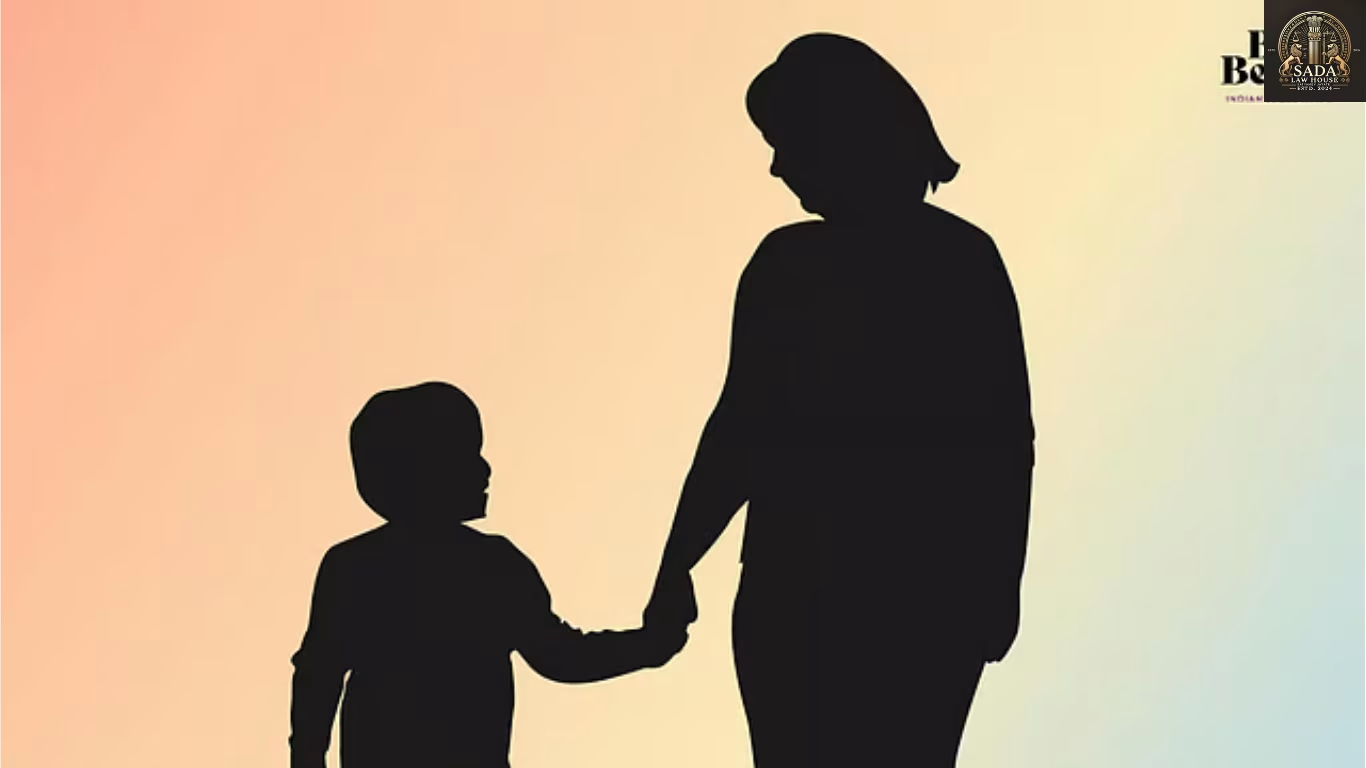Supreme Court to Decide Validity of All Religious Conversion Laws; Transfers Cases from High Courts to Itself
- Kashak Agarwala
- 16 September 2025

Introduction:
The Supreme Court of India has taken upon itself the responsibility to decide on the constitutional validity of state-level religious conversion laws. On September 16, 2025, a bench led by Chief Justice BR Gavai and Justice K Vinod Chandran ordered the transfer of all pending petitions from various High Courts to the apex court.
Background:
Several states, including Uttar Pradesh, Himachal Pradesh, Madhya Pradesh, Uttarakhand, Rajasthan, and Haryana, have enacted laws regulating or restricting religious conversions, often linked to interfaith marriages. These laws have faced multiple constitutional challenges in different High Courts, with critics calling them draconian and violative of fundamental rights.
Key Developments:
Transfer of Cases: The Supreme Court directed that all High Court petitions challenging state anti-conversion laws be consolidated and heard together.
Bench Proceedings: Senior Advocate Indira Jaising sought transfer of the matters; Additional Solicitor General KM Natraj, representing Madhya Pradesh, raised no objection. The bench agreed, ordering “Ok, transfer all such petitions here.”
Next Steps: The Court scheduled the matter for hearing after six weeks, when applications for interim relief (such as staying the operation of these laws) will be considered.
Issues Raised:
Stringent Provisions: Senior Advocate CU Singh flagged provisions in Uttar Pradesh’s law, including a minimum 20-year sentence and bail conditions comparable to PMLA, making bail in interfaith marriage cases nearly impossible.
Abuse of Law: Concerns were raised about misuse during festivals and mob violence under the garb of “forced conversions.”
Personal Law & Autonomy: Advocates Vrinda Grover and others argued these laws violate personal liberty, autonomy, and equality.
State Submissions: States were directed to file replies, while Advocate Ashwini Upadhyay demanded a ban on deceitful conversions, prompting the CJI to ask how deceit could be determined in practice.
Current Status:
All High Court petitions have been transferred to the Supreme Court.
The Court has not stayed the operation of the laws but will consider interim relief in six weeks.
The matter now becomes a precedent-setting case on the balance between religious freedom, personal liberty, and state regulation.
Conclusion:
By centralizing the challenges, the Supreme Court has positioned itself to deliver a landmark verdict on the constitutionality of religious conversion laws across India. The outcome will have sweeping implications for interfaith marriages, individual freedoms, and the extent of state control over religious practices.
Live Cases






